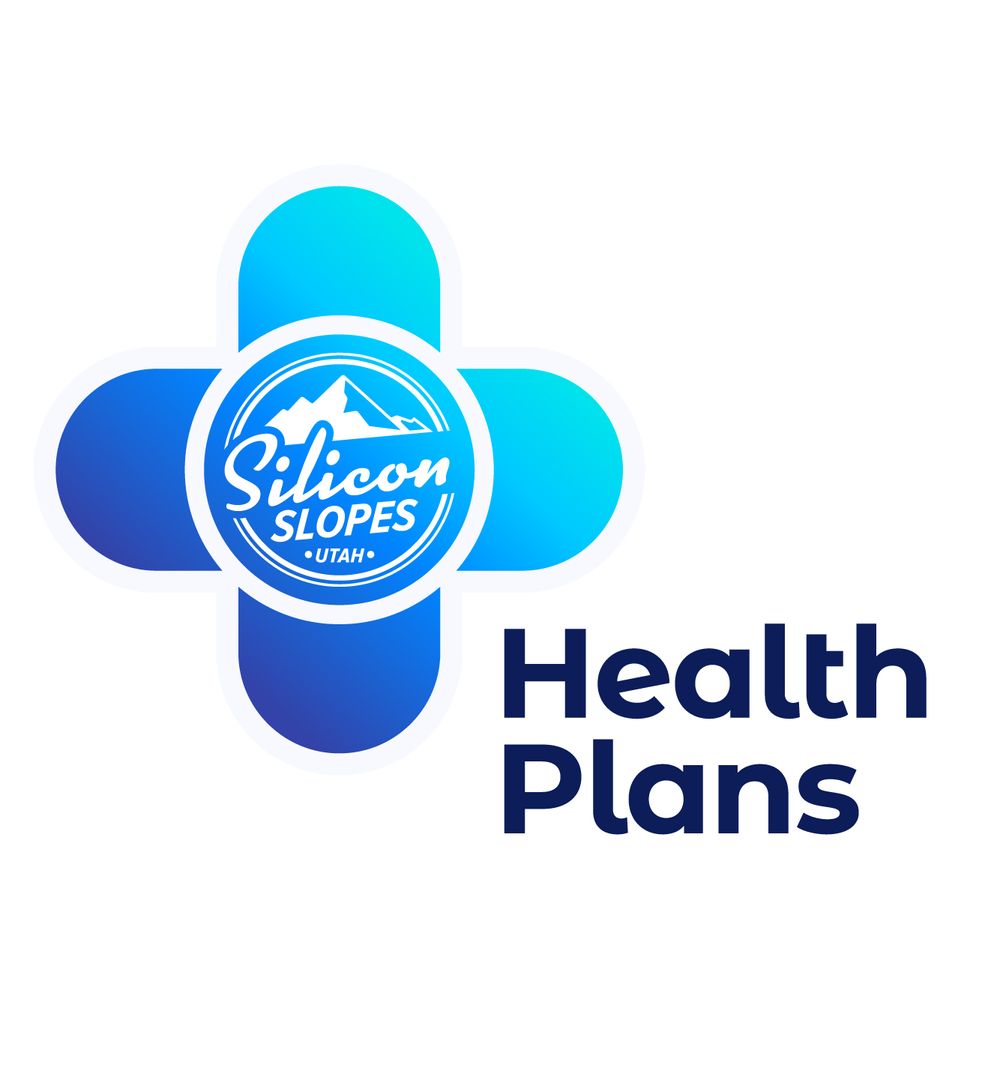Despite the economic uncertainty in the world right now, Utah has a lot to be excited about. We have an extremely low unemployment rate. A young and growing population. A vibrant tech sector. And, according to Forbes, the fastest growing economy in the nation.
Yet this continued growth hinges on something we desperately lack: affordable health insurance for the start-ups that are growing, moving into and expanding their workforces in Utah — the companies driving much of this growth.
Health care benefits are expensive, and many young companies simply can’t afford them. The Kaiser Family Foundation estimates that businesses with five employees could pay $100,000 in the first year — not including copays and coinsurance. That’s just not sustainable for our startups to grow and thrive. And without health benefits, they’re at a severe disadvantage when trying to attract the best talent.
Health care costs are skyrocketing, not only for insurance premiums and care, but also in lost productivity when workers are sick. That’s why it’s time to re-examine the traditional health care model. How can we move beyond a purely transactional approach, where it’s all about paying premiums and claims, and put more focus on the ultimate goal of keeping employees healthy? How can payors, employers and providers come together to find a new approach that helps both employees and businesses thrive?
Our two institutions — University of Utah Health and Silicon Slopes — have spent the last five years working together to answer these questions. We believe we’ve found a solution that not only meets the needs of Utah’s startups, but also has the potential to shape the future of employer-sponsored health care — here and across the nation.
The key to this new approach is collaboration. A new and innovative collaboration. We’ve combined the strengths of University of Utah Health’s leading hospitals, doctors and research capabilities with Silicon Slopes’ digital, data and technology leadership to facilitate a new model for delivering health insurance and new health care solutions. Working together toward the same goal, and collaborating from several angles (health care and technology, payors and employers, providers and employees), gives us the opportunity to create healthier workplace cultures.
Prevention pays an essential role. According to the Kaiser Family Foundation, largely preventable and highly manageable diseases account for 75% of every dollar spent on health care in the U.S. If we can find better ways to intervene early, we’ll not only prevent illness, we’ll also save money and improve company health.
To get there, we’re hosting seminars with human resources leaders and CEOs from Silicon Slopes member companies to discuss their biggest health care issues and ways we can address them earlier. We’re giving payors the opportunity to listen to what employers need, and employers the ability to hear how payors, along with our experts and doctors, can help.
And we’re harnessing the huge potential of data.
The technology expertise within the Silicon Slopes community can help us do something never done before for small businesses — gather and share anonymous health care data about specific populations. This is so valuable for identifying trends, understanding how employees are using their plans, and finding ways we can improve. In turn, the tech companies can develop new programs and solutions based on the data we uncover.
The outcome of all this collaboration is the Silicon Slopes Health Plan, a new kind of insurance plan designed specifically for the Silicon Slopes population — young employees with growing families who need birth care, pediatrics, women’s health, men’s health and behavioral health. It includes every doctor and hospital in the state, allowing employees to keep existing doctor relationships, while lowering the costs for everyone.
With excellent health systems and care providers in our state, plus the rich research capabilities of University of Utah Health and the technology leadership of Silicon Slopes, Utah is uniquely positioned to lead the way.
Michael Good, M.D., is CEO of University of Utah Health. Clint Betts is CEO and president of the nonprofit Silicon Slopes.





